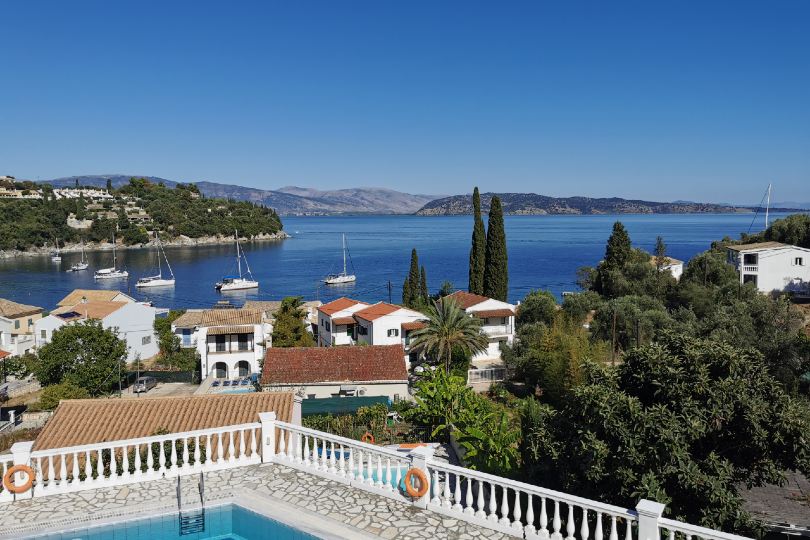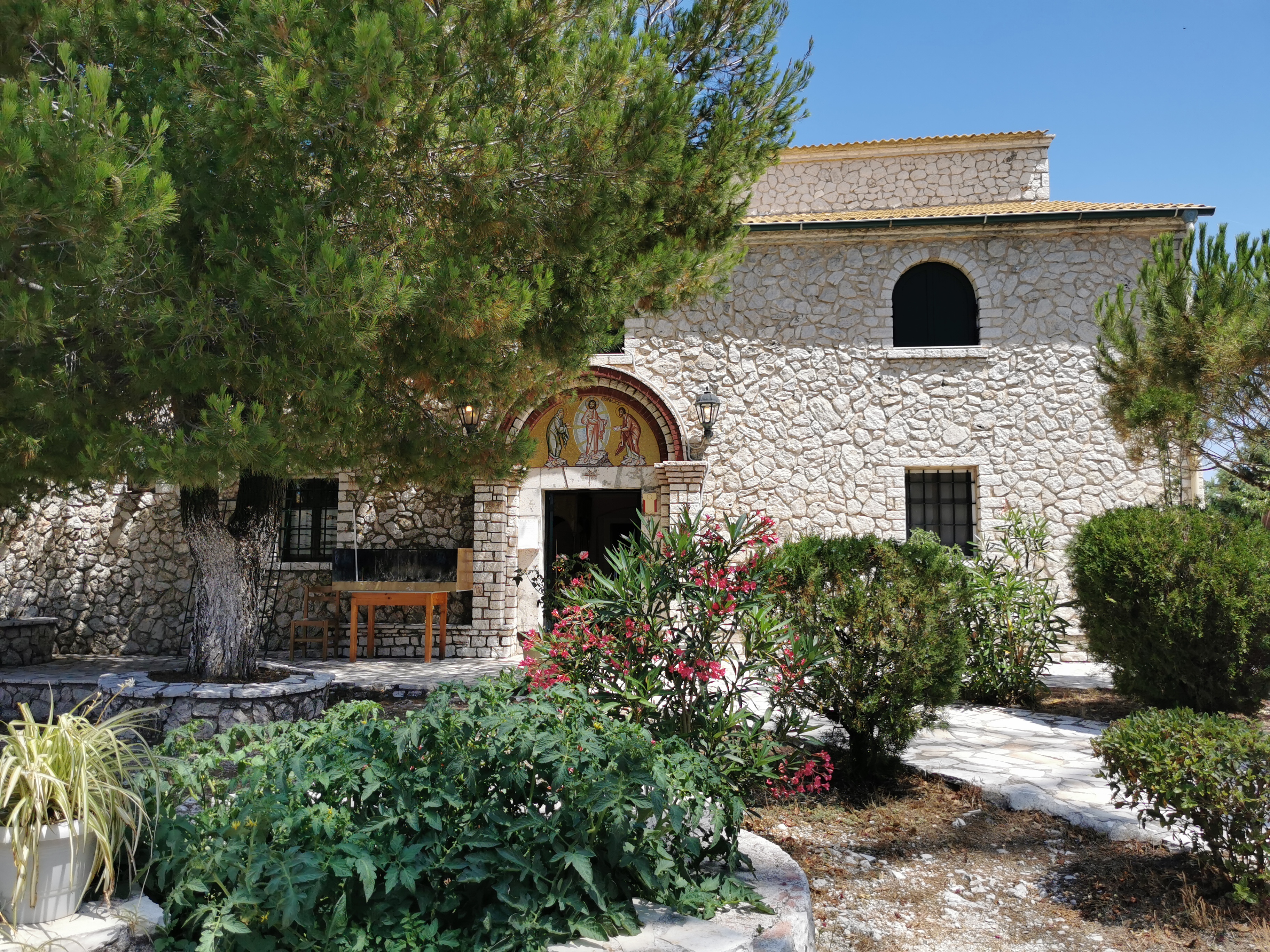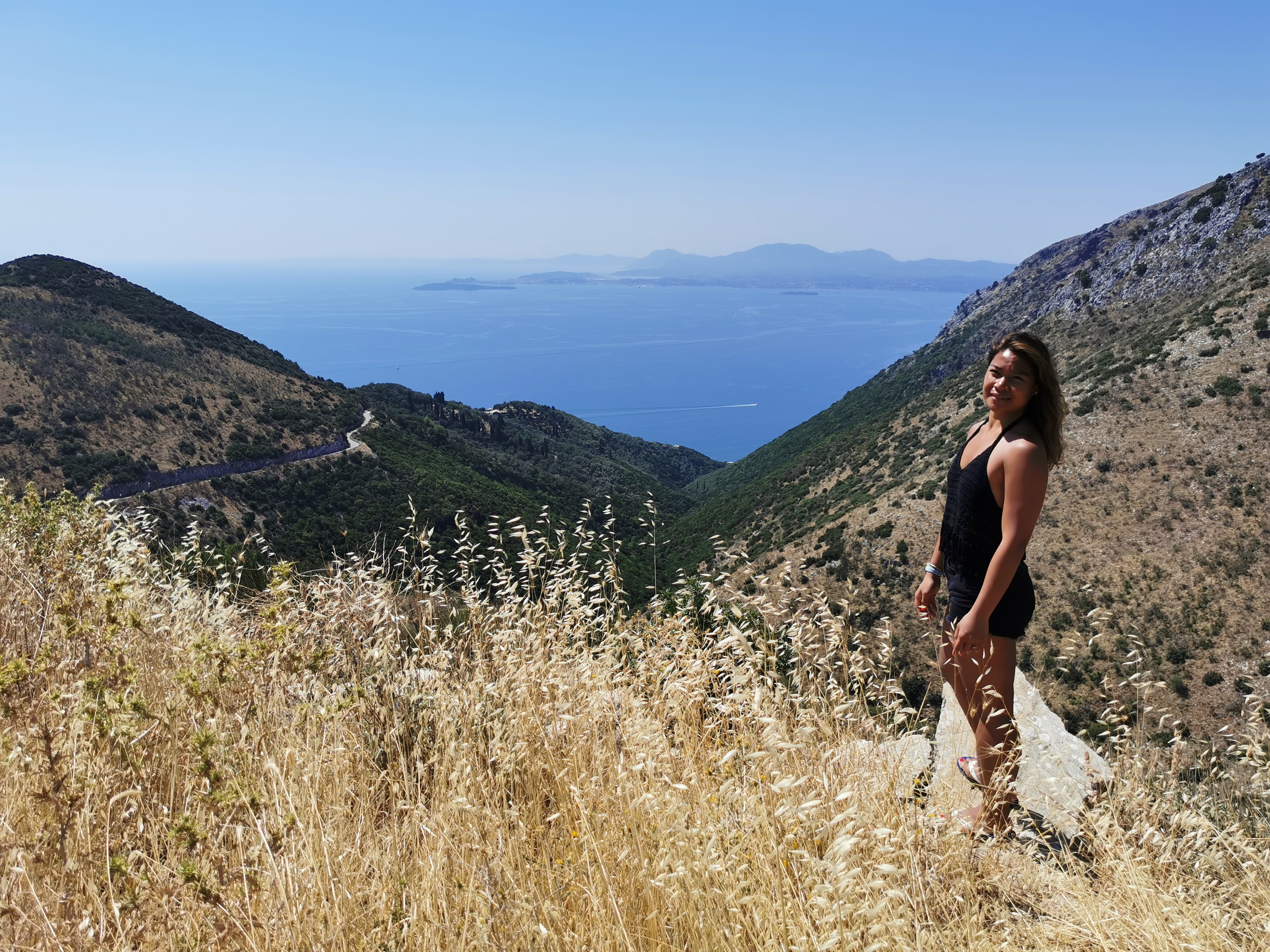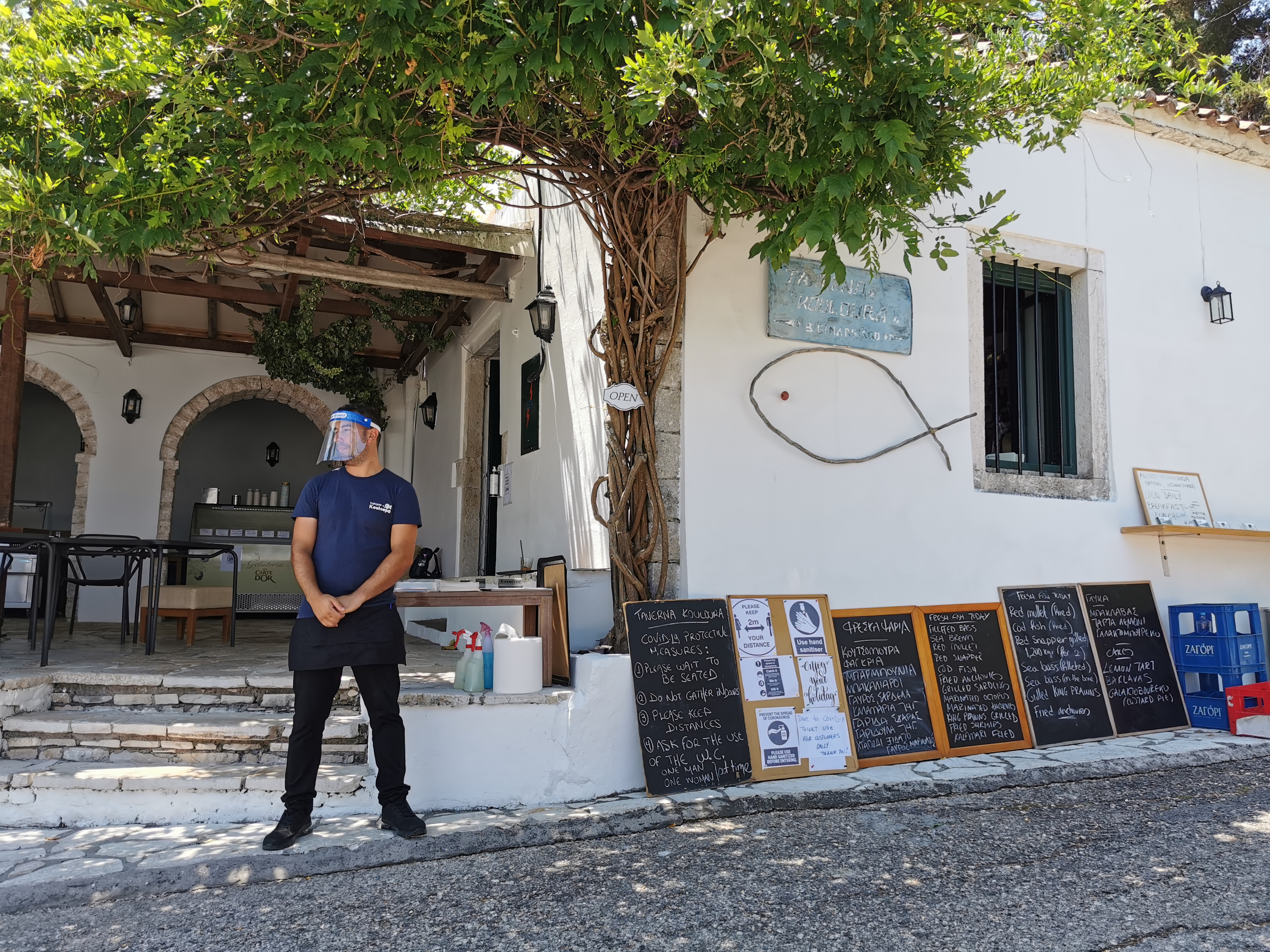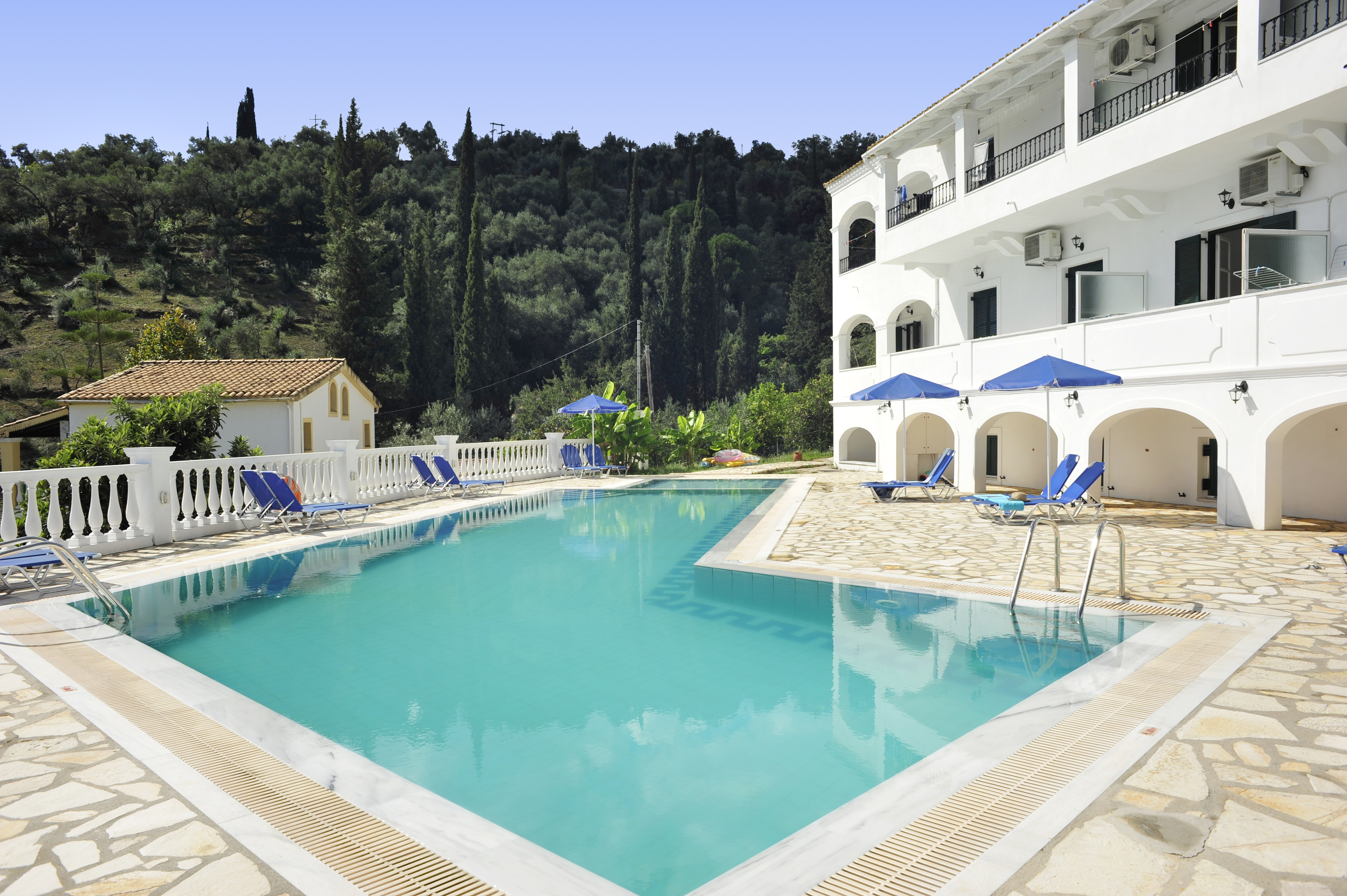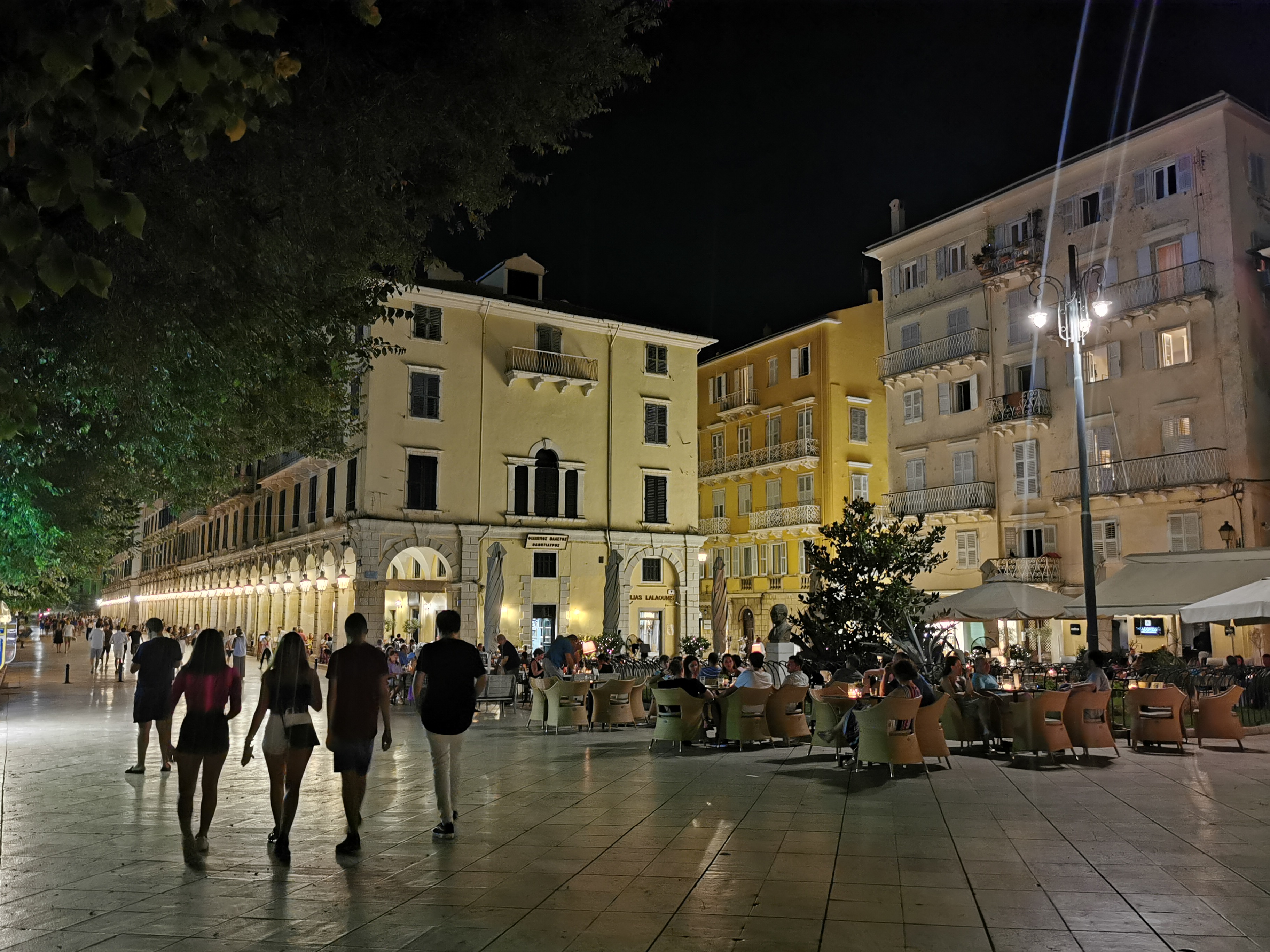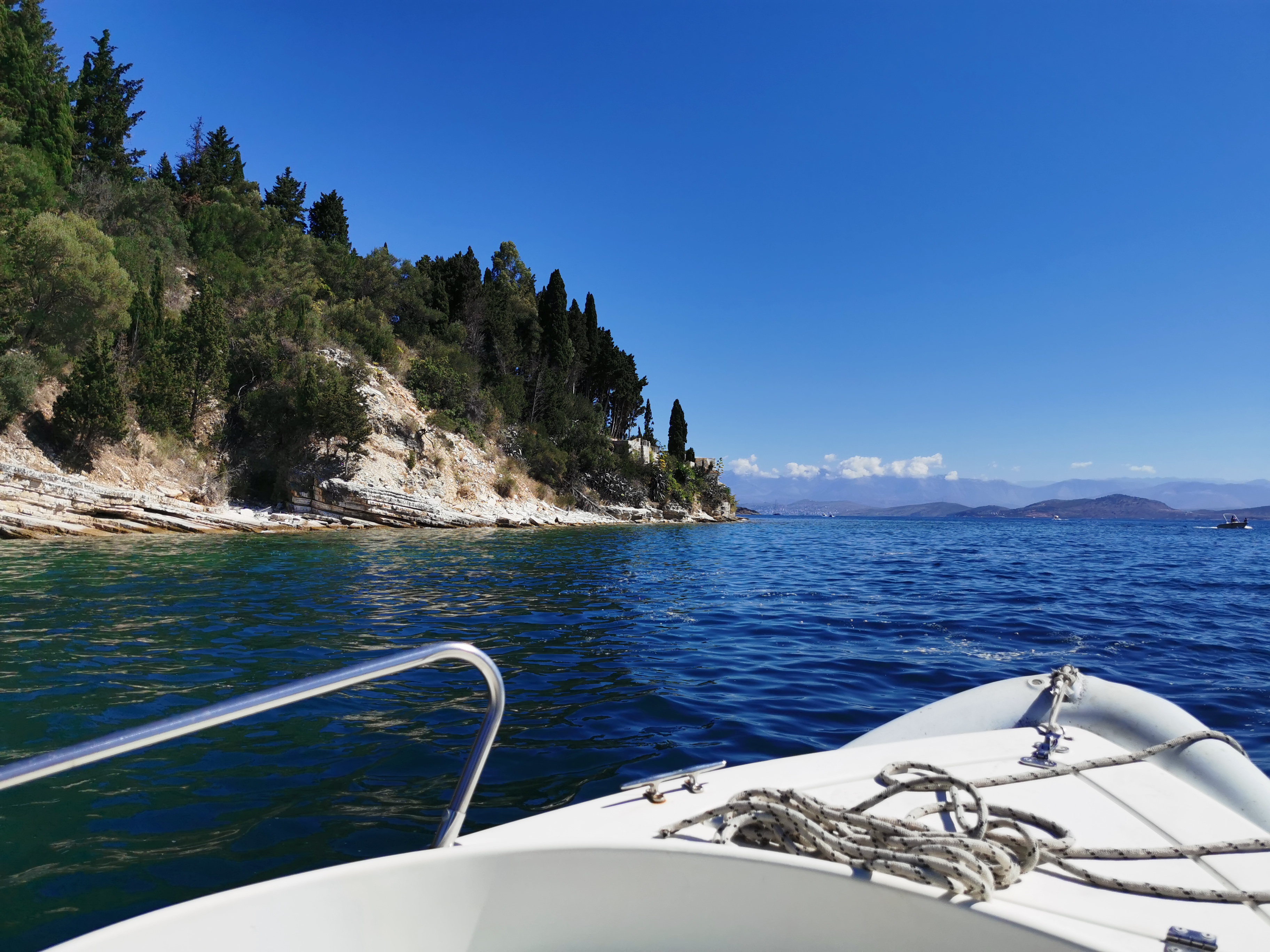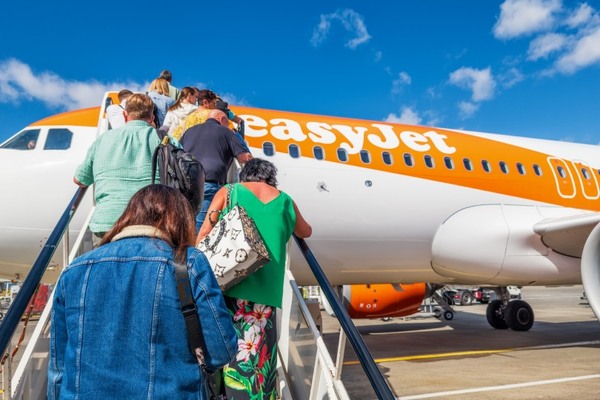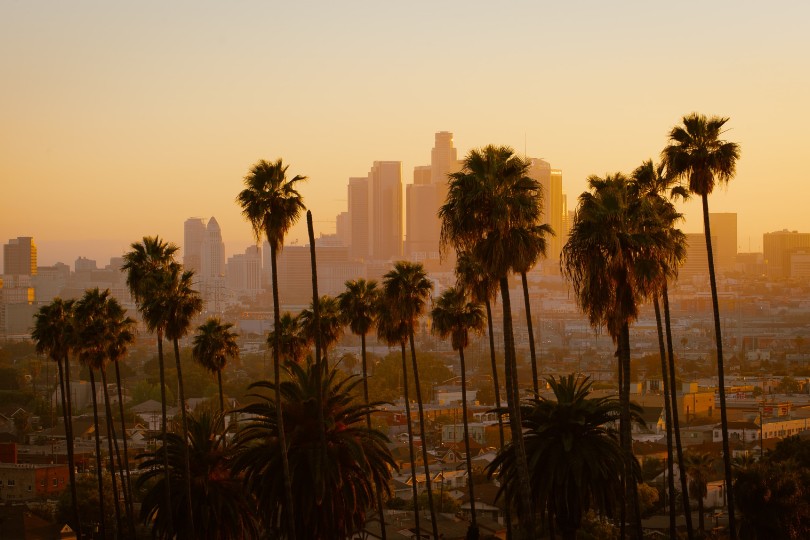Sun, sea and space; how Greece is rising to the Covid challenge
 Mary Ann Haslam
Mary Ann HaslamWith Spain currently all but off limits to British holidaymakers owing to new government advice, is Greece now the UK’s most viable holiday option this summer? Mary Ann Pickford reports.
I could walk here, there and anywhere I want. There’s plenty of space for me to inspect the 14th century monastery from any angle, without worrying about keeping my distance from other people – because no one else was around.
Aside from the chorus of cicadas and occasional birdcalls in the distance, I could hear nothing else from where I stood at the Monastery of Pantokrator.
This landmark perched on top of Corfu’s highest peak, at 917 metres, is usually teeming with visitors at this time of year. Yet luckily for my fiancé and I, we had it all to ourselves.
The peaceful atmosphere enhanced the church’s sanctity, and I felt grateful to have the chance to admire the restored murals and gleaming silverware without jostling for space or feeling rushed. This has to be a plus to travelling post-lockdown.
Of course, Greece OK’ed flights from the UK just two weeks ago, so it’s unsurprising the site is still quiet.
But that, coupled with the fact Greece has a relatively low number of coronavirus cases, makes it a highly appealing summer option – especially during a time when British favourite Spain is currently out of bounds.
Corfu itself has only had one confirmed case concerning a Serbian national.
We had reached the summit of Mount Pantokrator while on a private 4x4 tour with Uncharted Escapes.
This was the first time our brilliant guide and driver, Vasilis, had been out on the mountains since his last tour in February.
He was just as excited as we were to see the incredible vistas towards Albania and mainland Greece – even though he typically does the tour about 150 times in a season.
His gregarious nature matched that of the local shopkeepers and waiting staff in Kalami, a village on the north-east coast of Corfu where we stayed in Sunvil’s Kalami Bay apartments.
In Greece, tavernas were outdoor-only; in the village, some featured floor markers reminding guests to keep a safe distance; tables were spaced apart, as were beach sunbeds and umbrellas.
Sanitiser was placed beside tills and close to entrances, and waiting staff wore plastic visors – which were useful for seeing their facial expressions and how delighted they were to welcome visitors again.
At one family-run taverna, Thomas’s Place, we ordered fried calamari and grilled octopus. “What do you call an octopus without two legs?” asked our waiter as he presented our dishes with a flourish. “A sixtopus!” he roared with laughter, making us chuckle along with him. It’s clear the Corfiots love having tourists back.
Covid measures were also fully in effect in our self-catering studio. Sunvil provided antibacterial wipes, a new pair of cotton masks and travel-size sanitiser along with an emergency medical kit for guests who fall ill with coronavirus symptoms.
To help reduce contact, cleaning service was limited, with extra linen and towels provided. There was also a sanitiser station by the pool for safety-conscious guests.
Our studio, located uphill on a slightly rocky path, was bright, fresh and well-equipped. Best of all was the stunning view of the entire bay and Albania in the far distance – a real sight for sore eyes after months in lockdown.
Self-catering accommodation is a great choice for clients who want to enjoy the benefits of a holiday abroad without too much outdoor contact. We found we could control exactly how much or how little of people we saw, and if we really wanted to hide ourselves away in the studio we could easily have done so, as one of the local mini-markets in the village offered delivery service.
But we felt it would be a shame not to explore Kalami, and explore we did. As the village was so quiet we found we could easily keep our distance anyway. A 15-minute walk towards the north got us to Kouloura, a picturesque fishing harbour with just one taverna overlooking the sea – an ideal lunch spot.
About 20 minutes’ walk south from Kalami is Agni Bay, which featured a string of busy tavernas alongside a pretty pebbly beach.
My favourite way to see Corfu, though, was by renting a small motor boat from The White House, famed for being the residence of British author Lawrence Durrell in the 1930s.
For six hours and priced from about €70, guests receive solid tuition before setting out to the high seas. It offered access to more bays and beaches, and it was breathtaking to see the coastline from a new perspective.
As well as boats for rent, The White House offers a fantastic dining experience by the sea. On our first night, we took the advice of the restaurant manager and ordered a seafood-only menu of grilled squid and octopus for starters and seabass and grouper for mains, washed down with organic white wine from the Theotoky Estate at Ropa Valley, in the centre of Corfu.
In Corfu Town, many shops, bars and tavernas had reopened with Covid protocols in place. The island’s capital had a fun and lively atmosphere, with music from street buskers adding to the chatter of the crowds. It almost felt like life before the pandemic.
Getting to Corfu and back was very straightforward. We flew from Gatwick’s North Terminal with Enter Air on Sunvil’s charter, which was less than a quarter full on the way there and even quieter on our return.
Before boarding, we put on our masks and our hands were spritzed with sanitiser, while cabin crew wore masks and gloves.
On arrival at Corfu airport, officials checked our mandatory passenger locator form and I saw them conduct a random coronavirus test on a family ahead of us. It put my mind at ease to witness the Greek government enforce its Covid measures.
Amid all the current uncertainty, Greece for me provided an undoubtedly reassuring travel experience. Your clients might find the same thing too.
- Sunvil offers seven nights in a studio apartment at Kalami Bay for two people, including flights, transfers and a week’s self-catering accommodation. Priced from £599pp, departing 3 August; sunvil.co.uk/agents
Sign up for weekday travel news and analysis straight to your inbox

Mary Ann Haslam
Supplier Directory
Find contacts for 260+ travel suppliers. Type name, company or destination.
